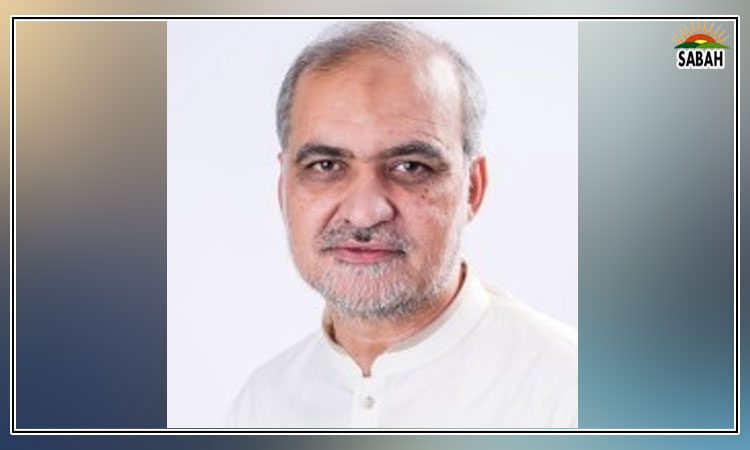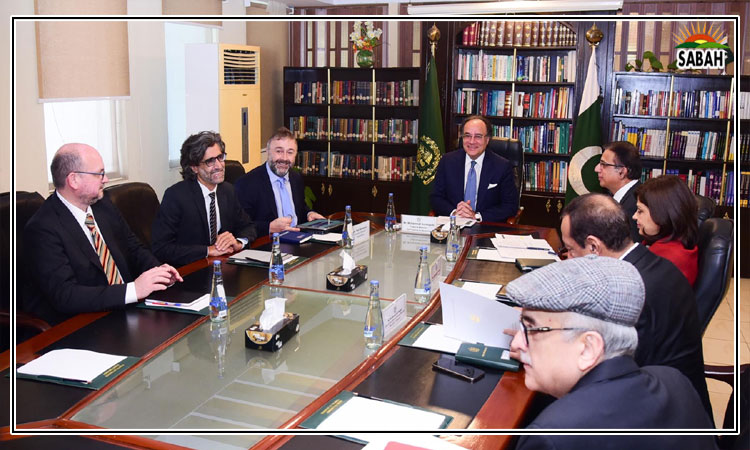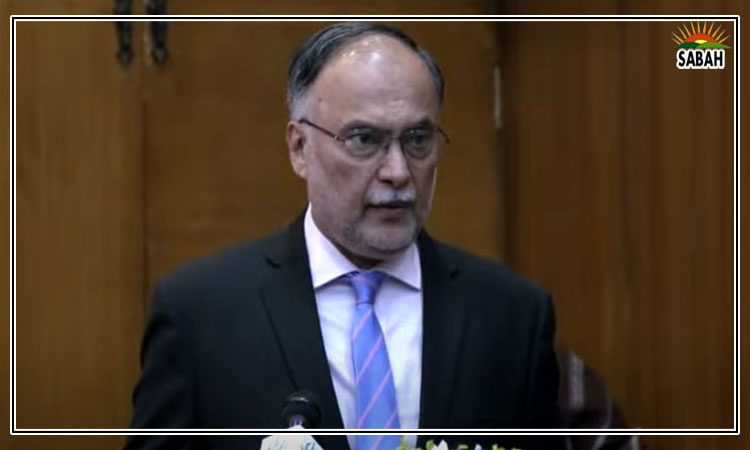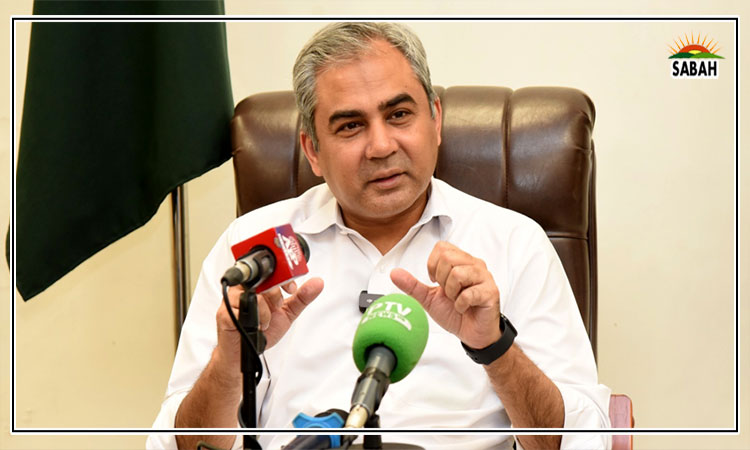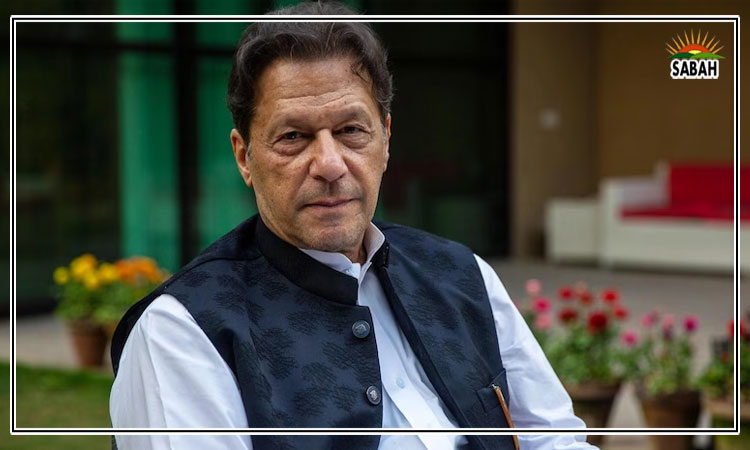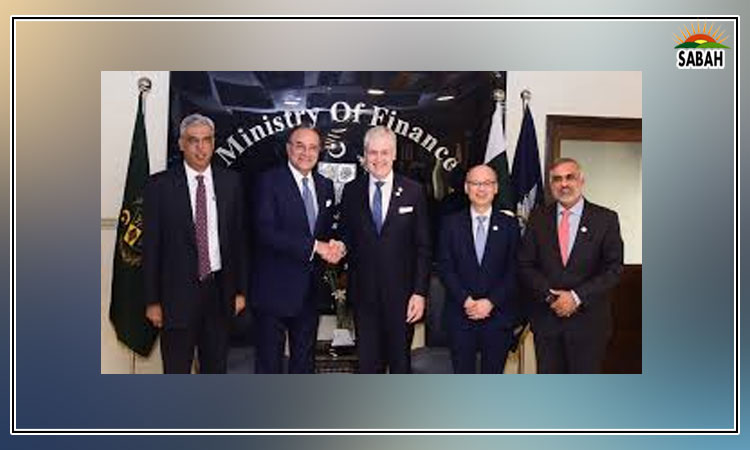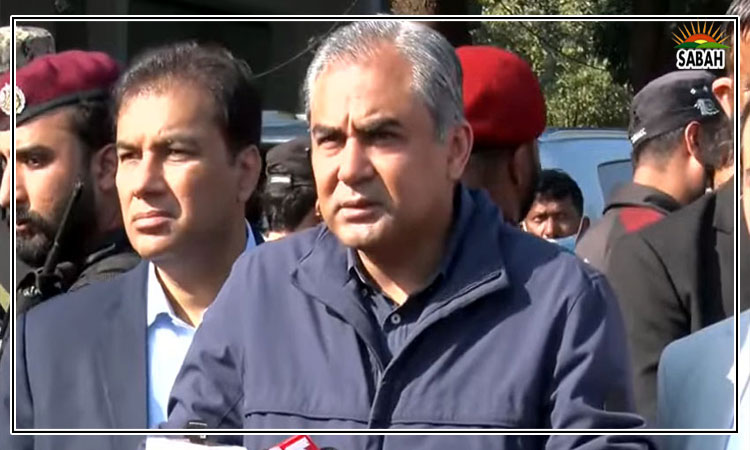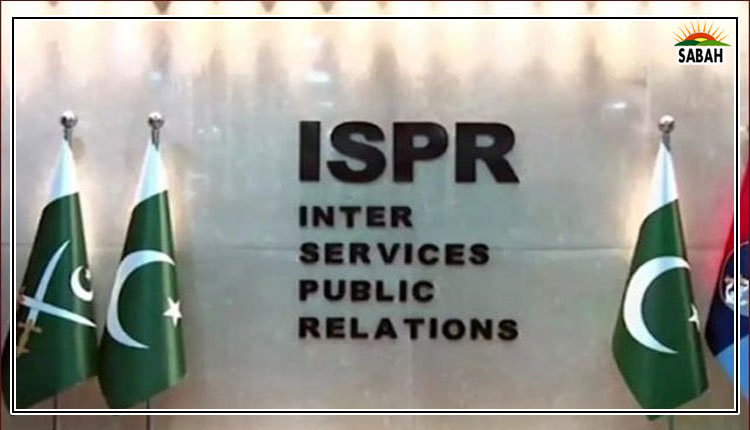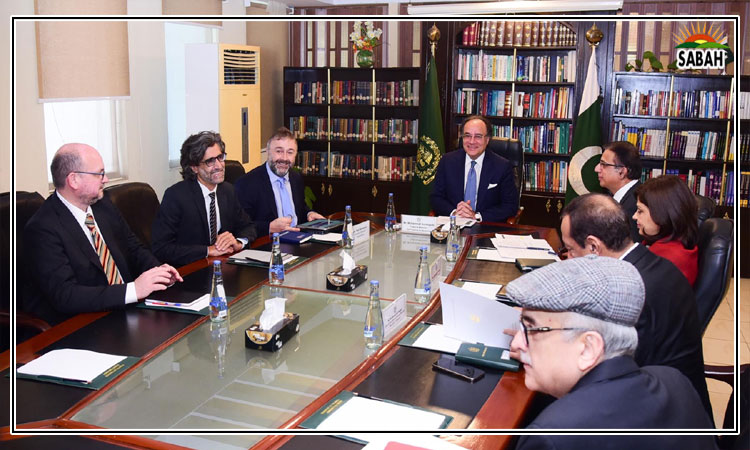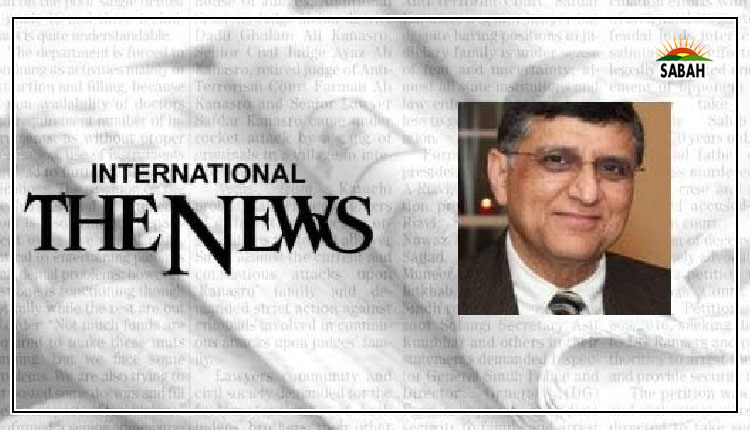India on the global stage…S Qaisar Shareef
Fresh from the success of the moon landing, India hosted world leaders at the G20 summit in its capital Delhi on September 9-10. Meticulously prepared and lavishly hosted by the Indian Prime Minister Narendra Modi, it was an important event in what will effectively serve as an important milestone in his reelection campaign.
While there have been many accolades as well as criticisms of the high-profile event, it has placed India in a prominent role as a global leader in an important relationship with the US and the West. And, he has achieved this without compromising his ties with Russia, whose leader Vladimir Putin continues to be reviled in the West for his invasion of Ukraine, where attacks against civilians and military targets continue unabated.
Domestically, Mr Modi continues to be one of the most popular leaders anywhere in the world with an approval rating among his compatriots close to 75 per cent. Just as he has deftly played his cards in cultivating a strong relationship with the US positioning India as a bulwark against Chinas rise he has shown to Mr Putin that he can deflect the sharpest criticism of Russia that could have come out of such a gathering of global leaders.
Even US President Biden was forced to accept watered down language in the final G20 communique avoiding calling the invasion of Ukraine, for what it is, an invasion of a sovereign country. Instead, the communique referred to it as the war in Ukraine, ending with platitudes and hopes for peace.
Through it all Mr Modi has managed to avoid giving any concessions that may support US goals in Ukraine. India continues to be a large buyer of Russian oil, and its defense collaboration with Russia continues. One can only wonder how the US taxpayer who is supporting Ukraine to the tune of hundreds of billions of dollars may feel about its governments coziness with a regime that continues to support Russia through trade.
Another achievement of Mr Modi has been to ensure Indias treatment of its religious and ethnic minorities was not a topic of discussion among Western powers. Nor has the muzzling of independent media in India been brought up at the G20 summit.
Arundhati Roy and Rana Ayyub are two courageous Indian journalists who have spoken out about such atrocities. In the words of Ms Roy, posted on the Aljazeera network, The state of India is precarious, the constitution set aside. The beauty of India is being reduced to something small, snarly and violent. Ms Ayyub for her part has done much to shine a light on the atrocities being committed against the 200-million-strong Muslim minority in India. For her brave reporting the National Press Club in Washington awarded Ms Ayyub the John Aubuchon Award for Press Freedom.
In addition to placing India in a close relationship with the US, Mr Modi has also managed to position himself as the de facto leader of the Global South. The inclusion of the African Union in the G20 is being credited to efforts by Mr Modi, a major achievement for any leader of a developing country.
Joe Bidens Asia coordinator Kurt Campbell has called the US-India relationship the most important relationship on the planet. With these rapidly evolving alliances, one can start to see shades of geopolitics that existed during the US-Soviet cold war of the 70s and 80s when undemocratic regimes were supported or at least tolerated by the US as they were seen as a bulwark against communism.
There were also agenda items in the G20 gathering that were explicitly designed to counter inroads by China through their Belt and Road Initiative. The proposed energy and transport link between India and Europe, including the Gulf States, Saudi Arabia, Israel and others at least at first blush appears to be an awkward attempt to counter infrastructure projects supported by China. While the BRI programme has received mixed reviews, we will have to wait, perhaps for years, to see exactly how the newly announced energy and transport link materializes.
In conclusion one must say India under the leadership of Mr Modi has managed to reshuffle the deck of global relationships. He has placed himself and his country in a prominent global role, while avoiding any criticism of its most egregious anti-democratic excesses.
Courtesy The News


